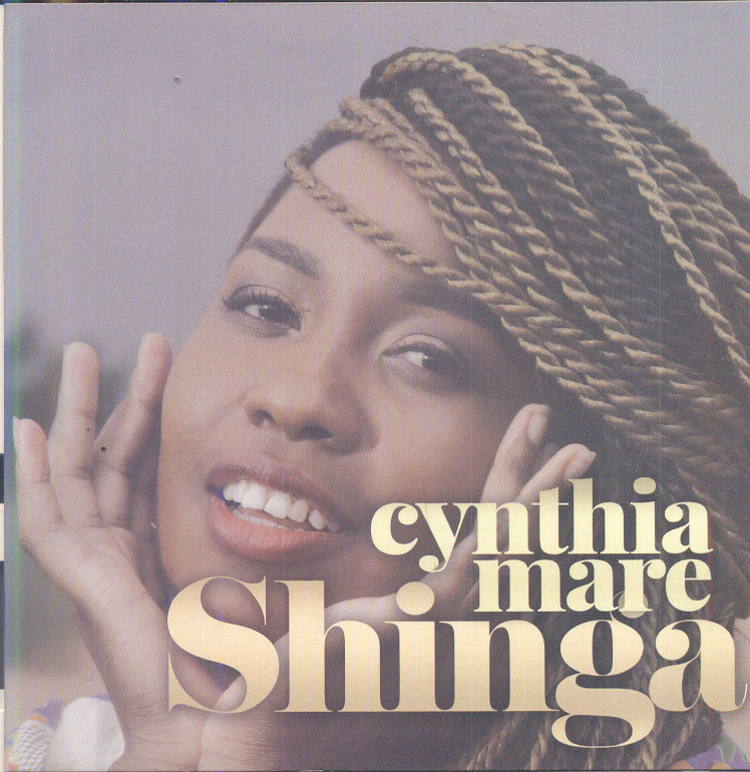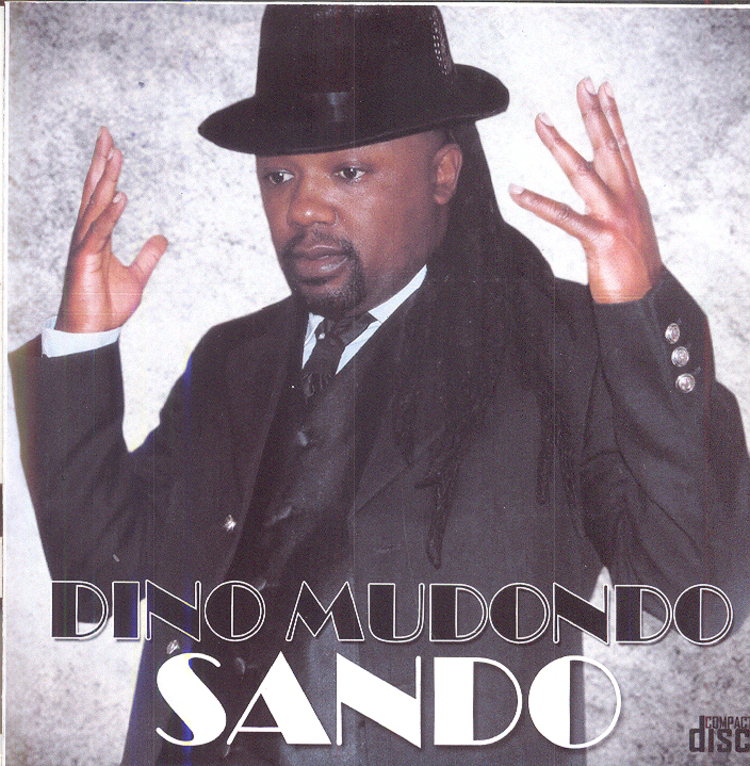
The Sunday Mail

TRYSON Chimbetu says he is inspired by the supernatural. He says he gets his music from dreams. Dreams in which he talks to his late father Naison and the master of song, Simon “Chopper” Chimbetu.
Maybe he is not listening correctly when these luminaries of dendera music speak to him.
Tryson’s new eight-track and fifth studio album, “Victory (Ballon d’Or)”, is the stuff of nightmares.
Yes, it is easy to hear – but the project on the whole just sounds hollow.
The opening track is titled “Ndarota”, which means “I have dreamed”. Tryson is having bad dreams.
The six-minute song starts with him talking of the dreams in which he speaks to his late betters. Fair and fine. And then after three minutes, the muse dies and the nightmare begins.
For the rest of the song, Tryson chants his own name. Twenty-eight times!
It’s not over. It gets worse.
Half of the tracks on the album are traceable to projects by other artistes, including foreign musicians. Apart from “Joyce” and “Ndoendepi”, done by his late father Naison, he does not even bother to acknowledge that he has lifted work from other people.
Lyrics to the third track, “Africa”, are derived from “Vakuru Vakadzidza”, composed by Simon Chimbetu in the ‘80s.
And as if “borrowing” lyrics is not enough, he also “borrows” the flow and rhyme of the Wrist Brothers’ 1980s chart-busting hit “Getu”.
The rhumba-like beat on the fourth track, “Isa Moto”, sounds like it was plucked from Koffi Olomide’s “Etoile D’Etat” and “Desormais” from the album “Abracadabra”.
Tryson insists this is all supernatural inspiration.
“I am getting special guidance in my music career from Simon and Naison whom I communicate with regularly through dreams. They want me to surpass the level that they set since I’m the chosen one,” he says.
What particularly grinds the gears on the latest album is that it carries evidence of Tryson’s talent – a talent he denies with works such as this.
Listen to “Chihera Vhura Door”. The timbre is rich, solid and on point. Why couldn’t he do that with the rest of the album?
On previous albums like “Bvamuroad”, “Marxist Revival”, “Nguva YaChimbetu” and “Compass”, that carry tracks like “Wangu”, “Pahotera”, “Ndokutenda Nei”, “Chisveru” and “Ambi”, portended a bright future.
It is hoped we have not already seen the best of a man who could be a great musician.
***
Cynthia Mare does it right

Cynthia Mare
This third album from the singer and songwriter is definitely not for those who love fast-paced music.
It is the kind of music that should be listened to in a relaxed setting, though there are some tracks that sure can light up a party.
With this 12-track album, Cynthia continues her push to excellence with thought-provoking lyrics aptly supported by a well-crafted beat.
She easily blends her vocals with the instruments, which have a distinct acoustic edge.
The opening track “Shinga”, which comes with an English version, speaks about hope and is poignant and speaks to the inner-self.
The drummer evidently knows what to do with the instrument. Good stuff.
Another one to listen to is “Murudo”, which features Jah Prayzah. It is a danceable track that is likely to be well-received across the generational divide.
My problem, though, with this collaboration is that Jah Prayzah does not seem to give his all. Vocal-wise he is up to scratch. But seriously Jah Prayzah, did you have to repeat lyrics from your older songs?
Tracks with Cynthia’s trademark sound include “Muchato”, “Ngoro” and “Nhamo”. “Waita Mari” stirs nostalgia with its Jiti feel reminiscent of the late Biggie Tembo and the Bhundu Boys.
Shinga comes after “Songs My Mother Loved” that won the songstress a number of accolades on various platforms in 2014 and 2015.
***
Dino Mudondo soldiers on

Dino Mudondo
Will Dino ever rise again?
The versatile musician rode the crest of a wave at the turn of the millennium before his career took a dip some five years back.
Dino was last visible when he released chart-topping songs “Ndichakumirira”, “Paida Mwoyo” and “Jathropha”.
His new eight-track album tries a Houdini act. But it falls short. This is a decent effort that carries Dino’s traditional Rasta Kwasa sound, a fusion of reggae and rhumba.
And the lyrics are, as usual poignant.
There is something missing though, something one can’t quite put a finger on, but something which says this is a good album that might not draw crowds.
“Sando” is his 18th offering in a career that spans over a decade.
“I will not stop releasing. People might not be appreciating my music as much as I want them to do but I know one day I will return to the top. It is then that they will go back to the archives in search of every album that I have produced in the past. My music is quality and can withstand time,” Dino told this writer.
Songs to look out for are the title track, “Zvanga Zvakawoma”, “Ngatidzokerane” and “Nhonga Jaivhi”.
Some of Dino’s previous albums include, “Makorokoto”, “Gogogoi”, “Makoikoi”, “Shugamutape”, “Zuva Guru”, “Mhemberero”, “Quantum” and “Greatest Hits”.
***
Tich Mutodi brings back jazz
The six-track debut effort is not far off the mark. The album captures the socio-economic challenges the general public faces on a daily basis.
Tich has good lyricism and his instrument arrangement deserves special mention.
One will find it hard to believe this is an album by a novice.
And going through the album, one cannot miss the Midas touch of veteran saxophonist, Phillip Svosve.
But despite the musician’s ability to produce some pulsating afro-jazz music that is above average, Tich still needs to work on his breathing technique.
He sometimes sounds like he is running out of oxygen, falling short of gasping. Not good, Tich. Not good.
However, “Ndapera Nyasha” can help revive the waning fortunes of jazz genre in Zimbabwe.
Tracks on the album include “Babamukuru”, “Kuhwereketa”, “Kwauri”, “Mbona-mbona”, “Makanaka”, “Sapere” and an instrumental, “Babamukuru”.



